
Advancing Data Equity for Latino Communities
In a step towards advancing data equity for underserved communities…
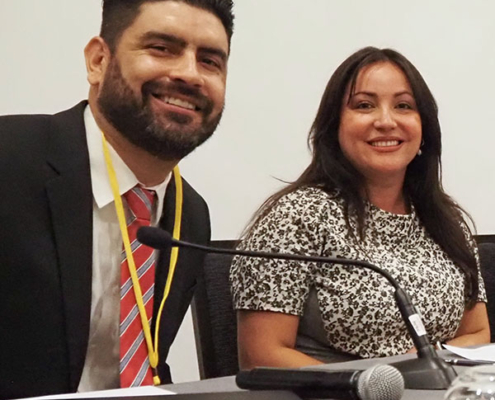
Hispanics in Philanthropy Conference
UCLA LPPI Puts a Spotlight on Latino Representation at Hispanics…
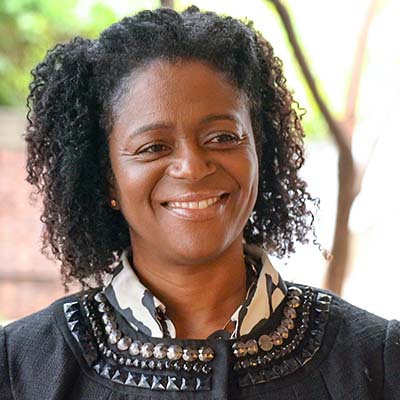
Racial Equity at Work w CA Senator Lola Smallwood-Cuevas (video)
CA State Senator Lola Smallwood-Cuevas takes us through some…
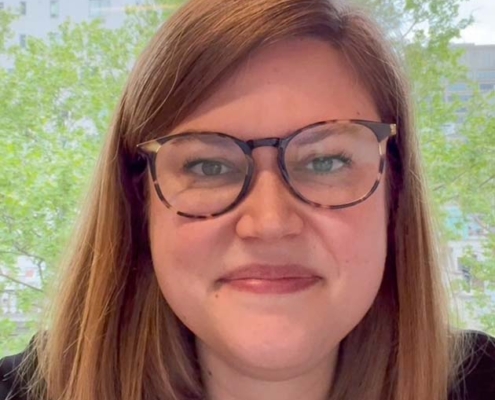
Who Should Pay? – w author Natasha Quadlin (video)
In “Who Should Pay? Higher Education, Responsibility, and…
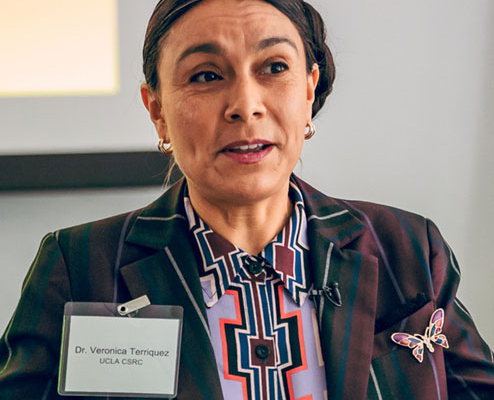
UCLA LPPI Hosts 4th Annual Policy Briefing
UCLA LPPI Hosts 4th Annual Policy Briefing
By Cesar Montoya Since…
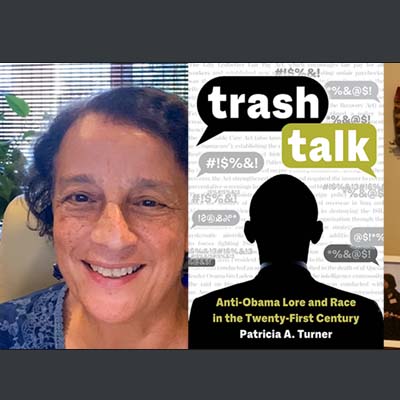
Trash Talk: Anti-Obama Lore and Race in the 21st Century – Video
"Trash Talk: Anti-Obama Lore and Race in the Twenty-First…
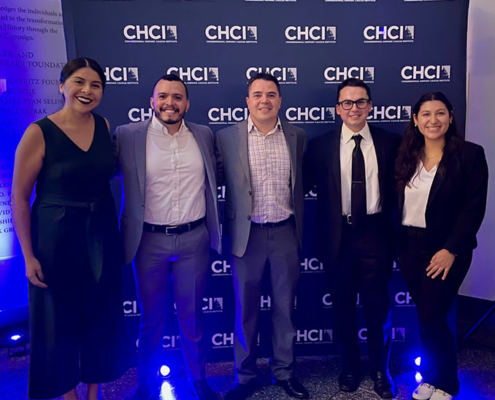
LPPI Shines at the Congressional Hispanic Caucus Institute Conference
by Alise Brillault UCLA LPPI experts and policy fellows were…
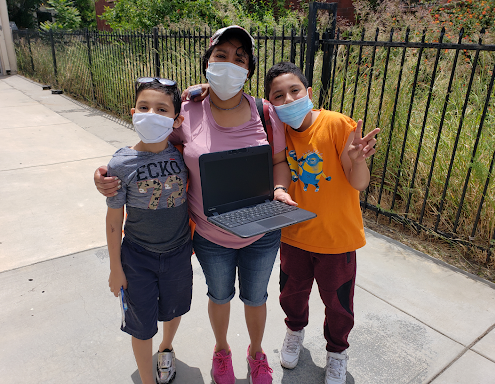
Janitor-Parent Experiences During the COVID-19 Pandemic
By Lucy González, Graduate Student Researcher; Sophia L.…

UCLA LPPI Stakeholders Reflect on Transition from ‘Initiative’ to Institute
"Latino Policy and Politics Institute Founding Executive…

UCLA LATINO POLICY AND POLITICS INSTITUTE ANNOUNCES INAUGURAL LATINO APPLIED POLICY RESEARCH AWARDS
By Jose Garcia, Policy Fellow at the UCLA Latino Policy and…

